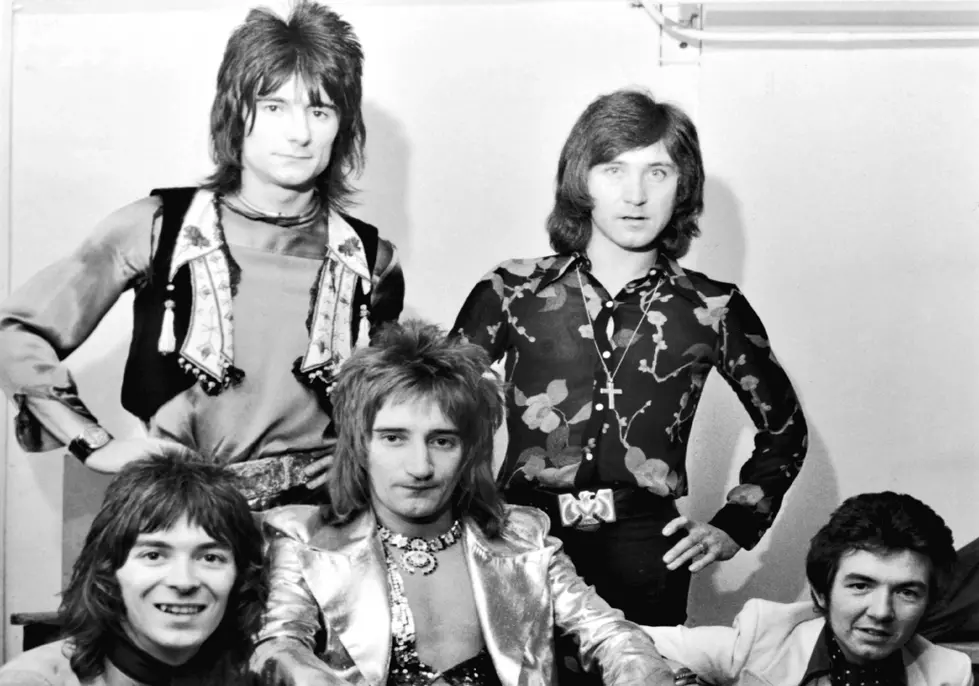
The Roots of Indie: The Buzzcocks, ‘Spiral Scratch’
"Independent record label."
Does that even mean anything in a world where anyone can record a song and stick it up on the internet the same day?
Maybe not, but there was a time not too long ago when the major record labels had an absolute choke hold on the music business. Even punk rock -- the epitome of DIY -- lurched to life as a major label phenomenon.
Not for everybody, though. In February 1976, friends Howard Trafford and Peter McNeisch rebranded themselves Howard Devoto (vocals) and Pete Shelley (guitar) and formed the nucleus of the Buzzcocks. Within four months, Steve Diggle (bass) and John Maher (drums) joined and the band's classic lineup was set.
Diggle recalled in issue 21 of Vive Le Rock:
If you think of the school of us, the Pistols, the Clash -- we started two days before the Clash, the Damned, and the Jam -- that was the nucleus of punk rock in 1976, and all those bands had a distinctive and unique thing, really.
That "distinctive and unique thing" was the sound of a music revolution, and the U.K.'s major labels knew it. Every band Diggle cites landed a label deal, with exception to the Buzzcocks. Given the band's pedigree, the omission seems odd. They played their debut gig opening for the Sex Pistols, after all. Footage of that show suggests a band that was every bit as visually arresting and exciting as the headliners, though admittedly we don't know from this clip how they sounded:
Regardless, while the band's peers were landing contracts, the Buzzcocks weren't, so they did what 40 years of bands that came after them did: They did it themselves. Diggle continues:
At that time we didn't think we'd get a deal, so we came up with the idea of making our own. It seems obvious now, but the thought that we could phone a record plant and get them to make some, that was an amazing feeling.
New Hormones, the very first indie punk label, was founded by band manager Richard Boon, solely to release the band's indie debut. On December 28, 1976 the Buzzcocks entered a studio in their hometown of Manchester, England, and laid down four tracks just barely totaling over ten minutes, total cost: £500.
The band/label printed up 1,000 copies of the Spiral Scratch EP, and then in a scene that would be repeated a few years later at Washington D.C.'s Dischord House, they brought their friends over for a record assembly party. Diggle continues:
I'd seen thousands of records in shops, but I didn't know what a thousand records looked like on a pallet. We had some people helping us, but we took them out of the regular plain sleeves and put them in the Spiral Scratch sleeves, so there was a little bit of 'hands-on' work there. It was a great feeling to do that, thinking, 'Wow, we've made a record our own way.'"
Indeed they had, and the first thousand copies sold out after its release on January 29,1977. Eventually they'd sell another 15,000, quite likely on the back of future classic "Boredom:"
Spiral Scratch got the attention of the majors, and the Buzzcocks signed with United Artists. Howard Devoto left the band just over a month after the EP's release, and Pete Shelley took on vocal duties. Devoto formed Magazine, another "Roots of Indie" worthy band, later in 1977.
The Buzzcocks went on to make their major label debut in November 1977 with the controversial single "Orgasm Addict" which, despite many radio stations unwillingness to play, has become a certified punk classic.
A first pressing of Spiral Scratch is remarkably affordable given the historic significance of the record. Examples pop up on the auction sites regularly for around a hundred bucks.
That's not a bad deal, but you could take those hundred bills and apply them toward seeing the band live. Shelley and Diggle are still in the band and they still sound great, so why not thank them in person for kicking off the indie revolution while you still can?
More From Diffuser.fm









